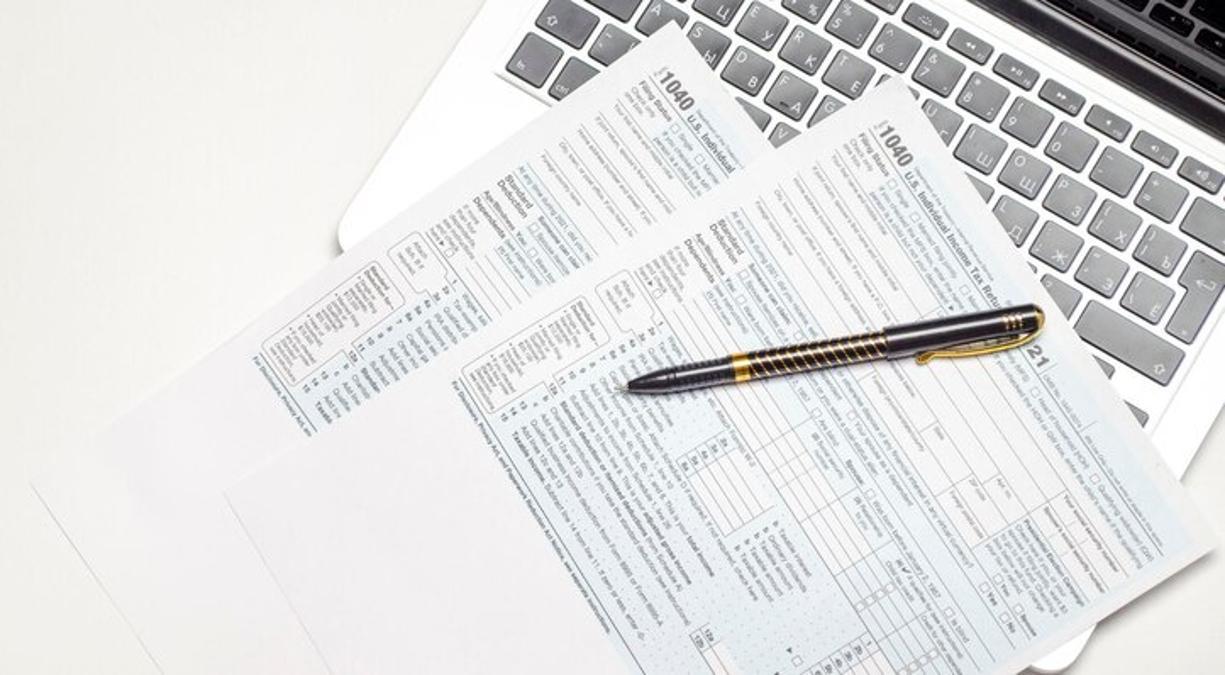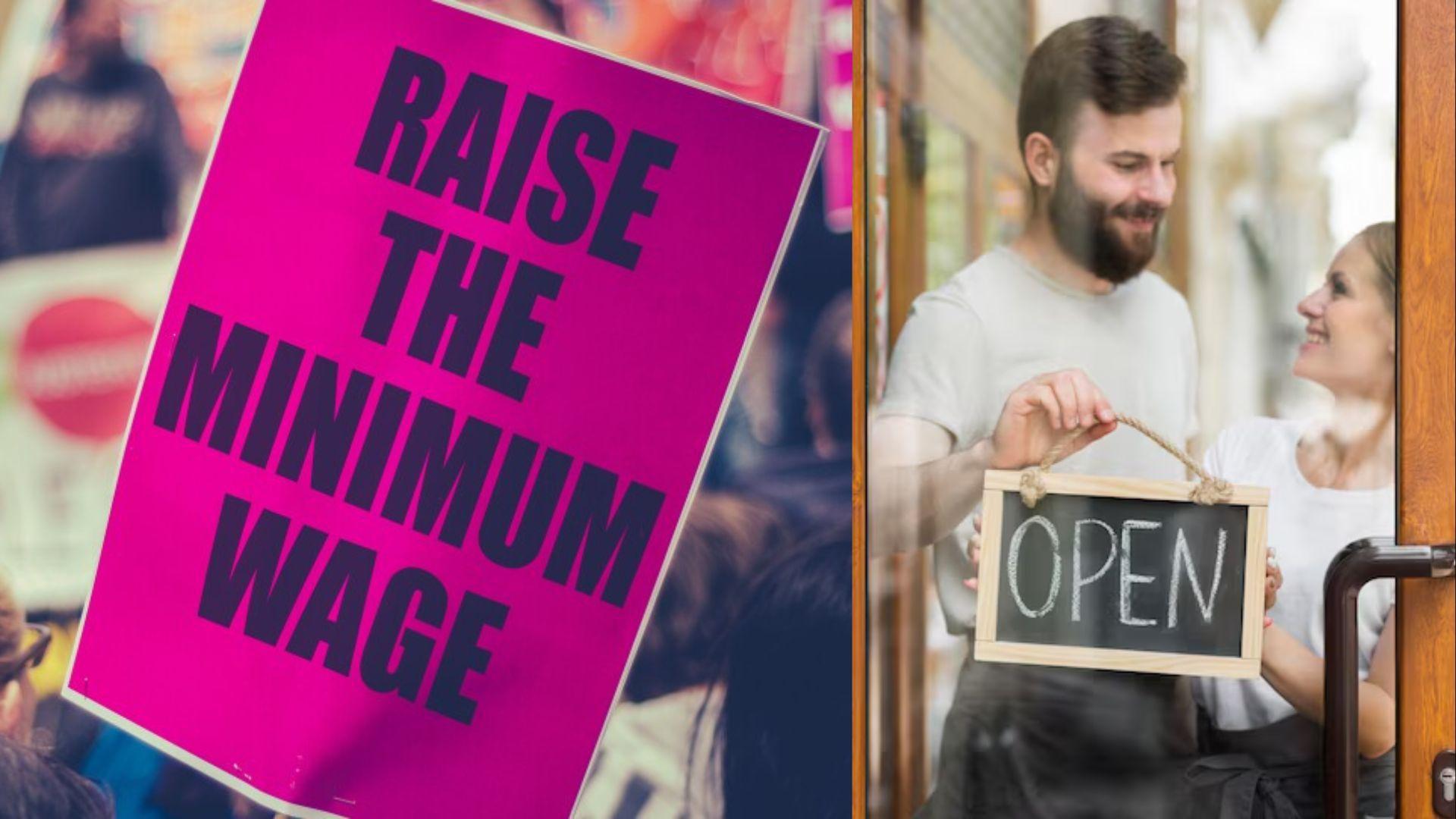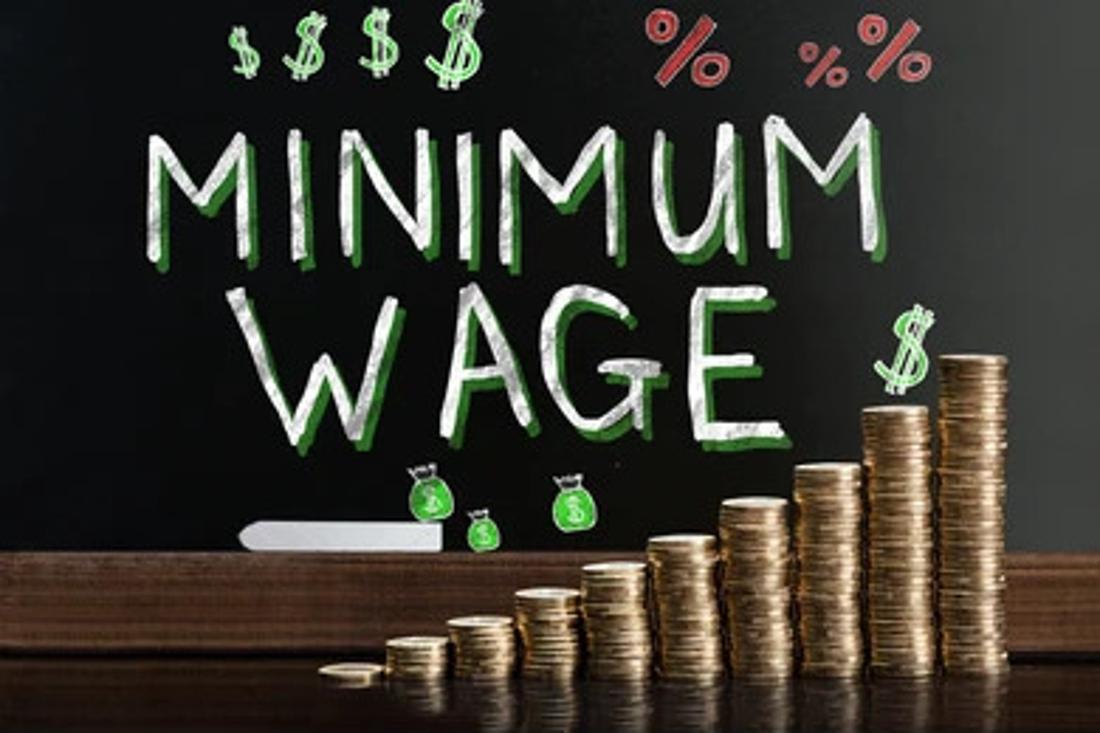There has been an ongoing debate across the United States regarding minimum wage for years. However, the conversation is now making headlines more than ever before as several states have decided to raise their minimum to more than double that of the country.
One of the biggest arguments against raising the minimum wage is that it will negatively affect and even potentially ruin thousands of small businesses. But a recent study has debunked this hypothesis and even shown the exact opposite.
The University of Michigan Study

Researchers from the University of Michigan and Carnegie Mellon University collaborated to determine whether increasing the minimum wage has actually been detrimental to small businesses.
They collected data, including revenue, profits, and corporate and employee tax returns, from businesses in six states. Several of the companies had experienced an increase in minimum wage, whereas others had not.
The Study Found Something Extremely Interesting

As co-author of the study, Nirupama Rao explained, “Proposals to raise the minimum wage have long been met with concerns that independent businesses can’t weather the higher costs.”
However, that’s not what the study found. Rao told Newsweek, “We show definitively that the vast majority can finance the added costs with new revenues and do not engage in widespread layoffs as has been feared.”
Restaurants Were the Least Likely to Survive an Increase in Labor Costs

Interestingly, the study noted that independent restaurants were the most likely to close their doors after their state raised the minimum wage.
Rao said, “In the restaurant industry, where minimum wages bite most sharply, exit rates rise. But rather than shuttering otherwise healthy businesses, raising the minimum wage winnows the productivity distribution of restaurants, rendering the industry more efficient.”
The Restaurant Industry Became “More Efficient”

Essentially, Rao explained that while some small restaurants did have to close their doors when the minimum wage increased, these few closures actually led to a high-functioning food-service industry in the area.
Rao continued, “Surviving independent restaurants benefit from higher worker retention, workers transitioning from smaller firms to larger firms and even see slightly higher average profits following the minimum wage increase.”
Raising the Minimum Wage Leads to Happier Employees

As the study quickly realized, the restaurant workers who either stayed with their original employer or moved to another after the minimum wage increased were much less likely to quit.
In fact, employee retention increased across the majority of small businesses that stayed operational after the wage law changed. And the reason was quite simple, employees were happy to continue to work now that they received a higher compensation.
Low-Earners Can Finally Make Enough to Cover Their Costs

Rao finally said, “For all the hue and cry over minimum wage policy, I think one of my major takeaways is that for the vast majority of even independent firms, they just don’t matter that much.”
If these companies can afford to pay their employees more without going under, then millions of American employees can finally make a competitive wage without fear of getting laid off. But while it may seem like a win-win, there is a significant hiccup in the plan.
Businesses Had to Find a Way to Increase Profits

The study did note that when independent businesses were forced to expand their labor budget as the minimum wage increased, they had to find creative ways to make more money to offset the difference.
One of the most common tactics was to increase the price tag of goods and services for their consumers. That means that the average American will pay more for their favorite products so that companies can pay their employees higher wages without losing profits.
The Cost of Living in the United States Is Already Outrageous

Over the course of American history, the cost of living has increased significantly decade after decade. A burger at McDonald’s used to cost $0.15; now, in California, a Big Mac meal sets you back $18.
Of course, while wages have also risen, financial experts argue that the two have not increased comparatively. Even as the minimum wage goes up, because prices are jumping at a quicker rate, life is simply more expensive than it used to be.
Will Low-Income Workers Really Be Making “More” Money?

Therefore, some wonder if raising the minimum wage will actually ensure that low-income workers make more money than they did before.
If someone makes an additional few dollars an hour but their grocery bills increase substantially, they will still struggle to get by, let alone save, every month.
Constantly Raising the Minimum Wage Isn’t the Answer

In the study, Rao and her co-author Max Risch explained that, while independent businesses were able to withstand a fractional increase in the minimum wage, they wouldn’t survive a significant jump.
And realistically, neither would the American economy. Although it may seem as though giving Americans more spending money would help in the long run, constantly raising the minimum wage would only lead to ridiculously high price tags at giant corporations.
Americans Are Hopeful That the Current Economic Crisis Won’t Last Forever

There’s no question that Americans are feeling frustrated with the country’s current economic situation. The vast majority of citizens are struggling to even pay their bills, put food on the table, and keep a roof over their heads.
However, it seems as though both the federal and state governments are hard at work attempting to find viable solutions. Hopefully, the American dream won’t just be a thing of the past.
